A European agenda for space: resilience, security and sovereignty
Past event In person
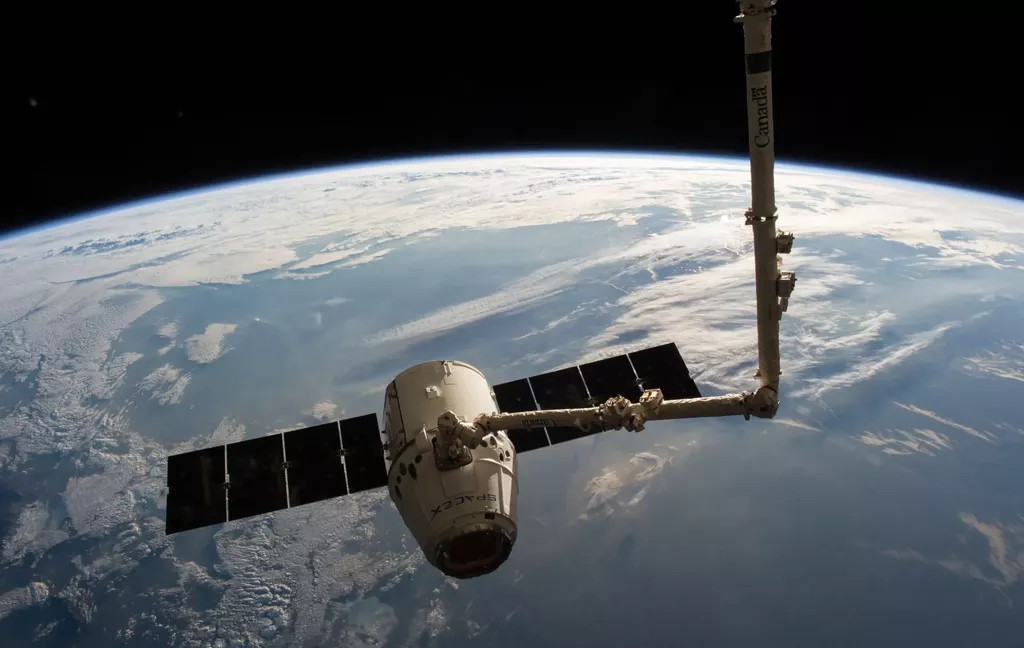
- Area of Expertise
- Digital & Data Governance
Digital & Data Governance
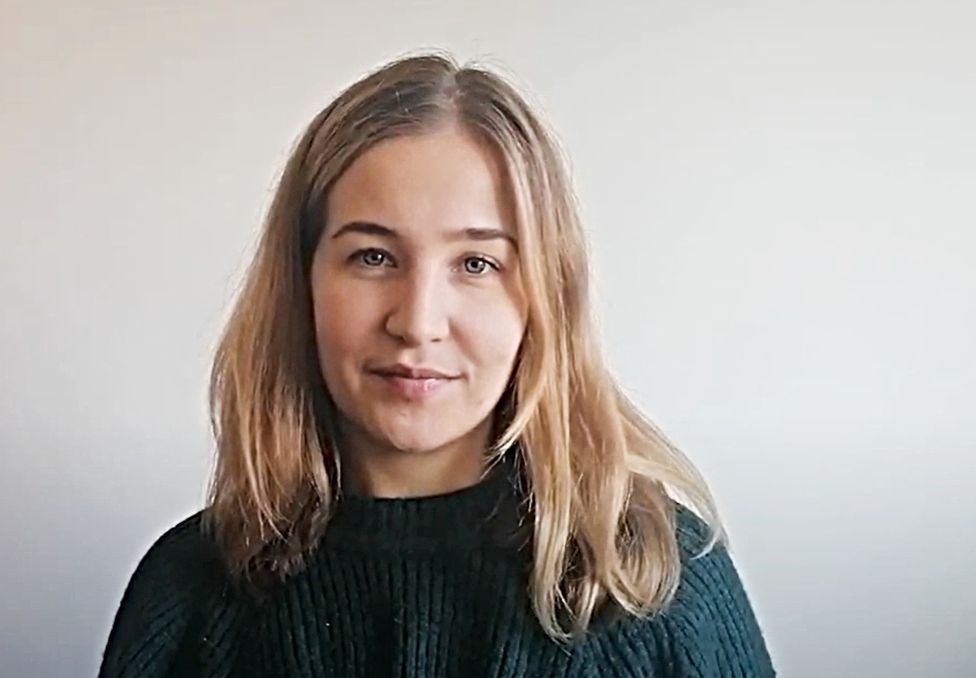
Project Manager at UNITEE (New European Business Confederation)
Some weeks ago, UNITEE organised a conference in Brussels at the digital hub BeCentral, housed at Brussels’ central station, to mark the end of the RIDE project. Behind the project’s acronym stands its aim – to Reach Inclusion Through Digital Empowerment for Migrant Women – working at the intersection of migration, gender equality, inclusion and employment. Funded by the European Union under the Asylum, Migration and Integration Fund, RIDE is a joint effort between nine organisations from Belgium, Bulgaria, Czechia, Germany, Greece, Italy and the Netherlands, representing migrant and migrant women communities, youth, as well as social and economic partners.
Standing out from the audience that day were a group of young women in their early 20s, who had travelled to Brussels from Bulgaria, Czechia and Italy, accompanied by our local project partners. They had joined the audience of migration experts, policymakers, civil society and business representatives that day to share their experiences as participants in the RIDE programme. The programme comprised IT training, mentoring to build confidence and social inclusion, and networking and job-finding events. The training had been adapted to the needs expressed by migrant women, including training on both basic digital literacy to navigate common ICT programmes, social media and job platforms, as well as more advanced skills such as online marketing and visual design. Job fairs, a flagship and final activity of the project, were specially designed for migrant women in six different countries. For many, this was a completely novel experience and the main idea was to create a natural and safe setting for migrant women to network and meet employers and hiring agencies, keen to attract a digitally skilled and diverse workforce.
At the Brussels event, what connected these young women was not only their stories of migration and their desire to give their careers a boost through digital skills, but also – with the remarkable authenticity and timid confidence of someone not used to taking centre stage – their experiences in Europe as young migrant women and mothers. Their accounts gave the audience brief but powerful glimpses into highly unique skillsets, talents and a determination to find their personal career paths in Europe while managing administrative hurdles, care responsibilities and financial, physical and emotional constraints.
We see the clear benefit of increasing reskilling programmes for migrant women
It is these kinds of accounts that can serve as a reminder to us all, in particular policymakers, employers, project leaders, social service providers and educators, not only of the untapped strengths and skills that can lie hidden in the diverse talent pool of migrant and refugee women, but of the need to take these women’s unique circumstances and experiences into account. This can mean adapting working and employment conditions or educational offers accordingly.
Of the 20mn migrants and refugees living in Europe today, many face hurdles such as uncertain statuses, bleak employability prospects or employment in jobs far below their skills, for instance, due to language barriers. Migrant and refugee women are at the core of these challenges, with structural barriers affecting every woman differently depending on her cultural background, family situation, level of education, age, ability, religion, gender identity or sexual orientation. While the current boom of digital technologies can provide many opportunities, women – and even more so migrant and refugee women – remain underrepresented at all levels and risk being left behind.
The RIDE project saw positive developments indicating that many employers are willing to take that extra step to attract migrant women into IT jobs. This is met with a large interest from migrant women to up- or reskill and fill these vacancies. With supportive policy and funding priorities becoming more visible at the national and EU levels in recent years, we see the clear benefit of increasing reskilling programmes for migrant women, as well as skills-matching, networking opportunities and initiatives, to support their entrepreneurial endeavours.
Keeping the testimonies of our young RIDE participants in mind, there is perhaps one key takeaway from the RIDE experience: for migrant women to be able to thrive in our society and find their place in an evolving economy and labour market, our perspective must change. A shift of mindsets and a proactive effort to create more inclusive and nuanced narratives around migration, in safe spaces and co-created with migrants, must take place at all levels of our society. This would enable us to not view and portray migrant women as passive beneficiaries of our programmes and funding support, but as independent and resilient human beings with multiple identities, diverse experiences and society-enriching talents that have the potential to drive social innovation and cohesion in Europe.
This article is a contribution from a member or partner organisation of Friends of Europe. The views expressed in this #CriticalThinking article reflect those of the author(s) and not of Friends of Europe.
The RIDE package of training and mentoring materials can be downloaded here.
Past event In person

Next event In person & livestreamed
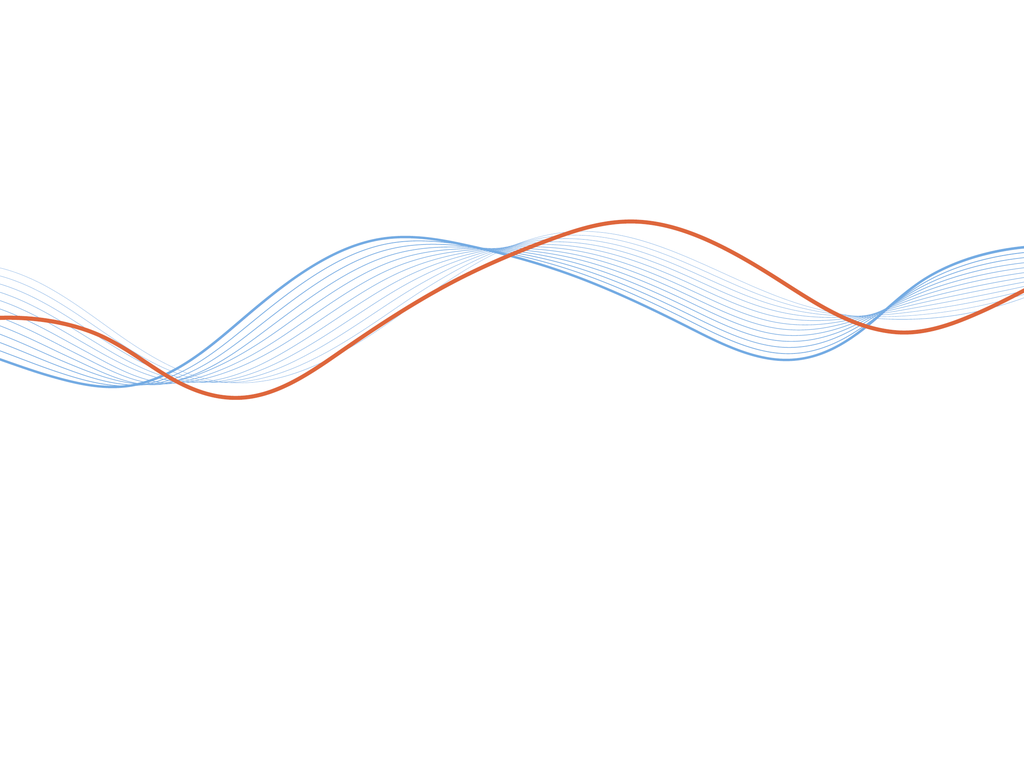
Past event Online
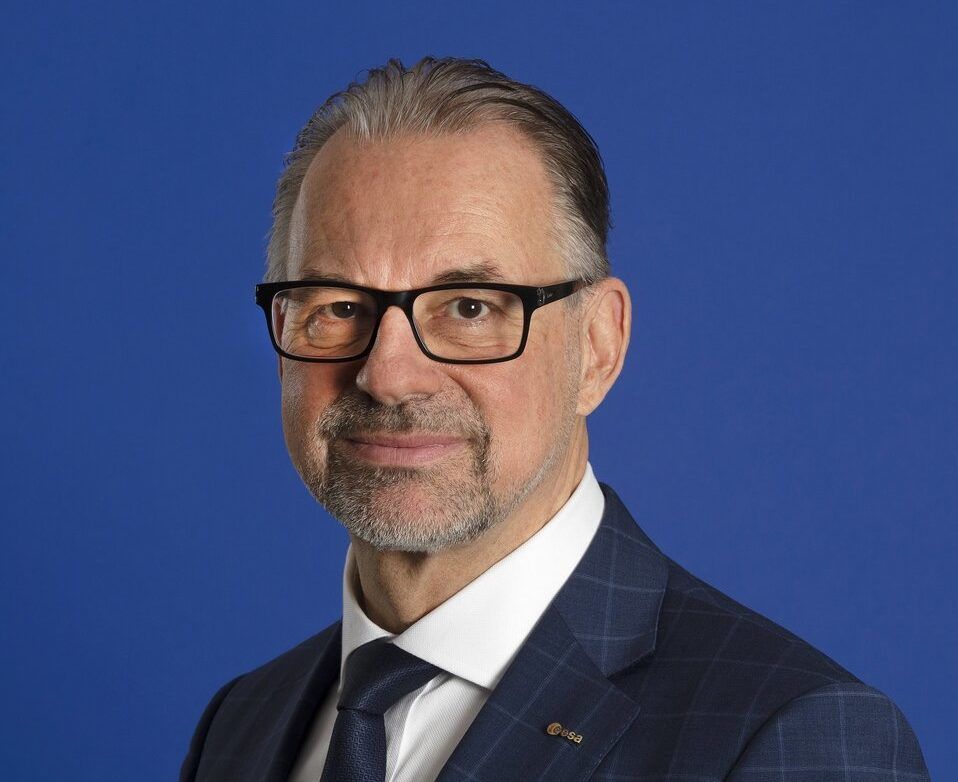
Past event In person
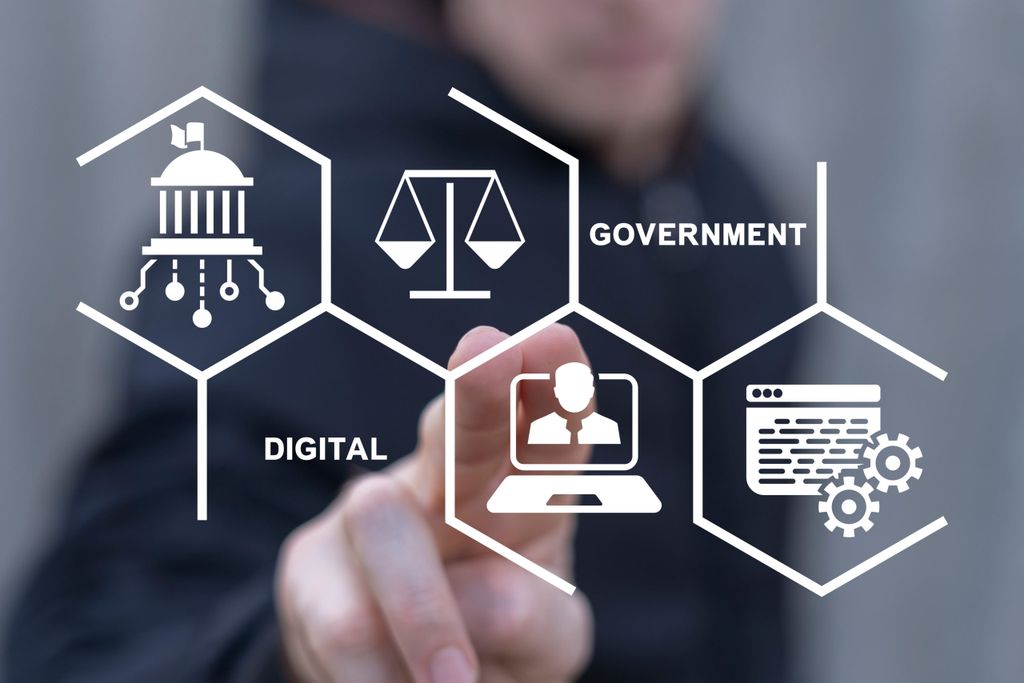
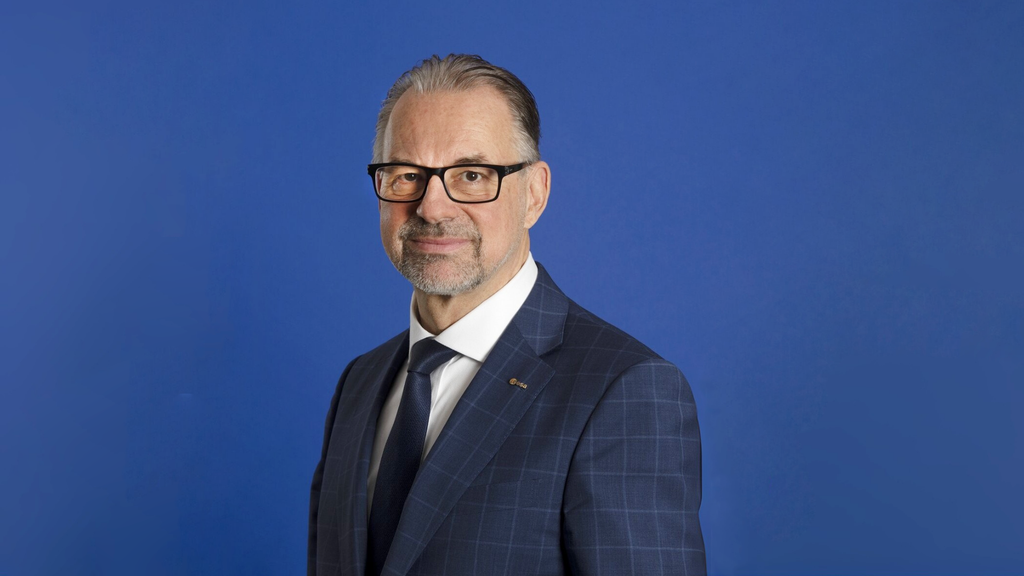
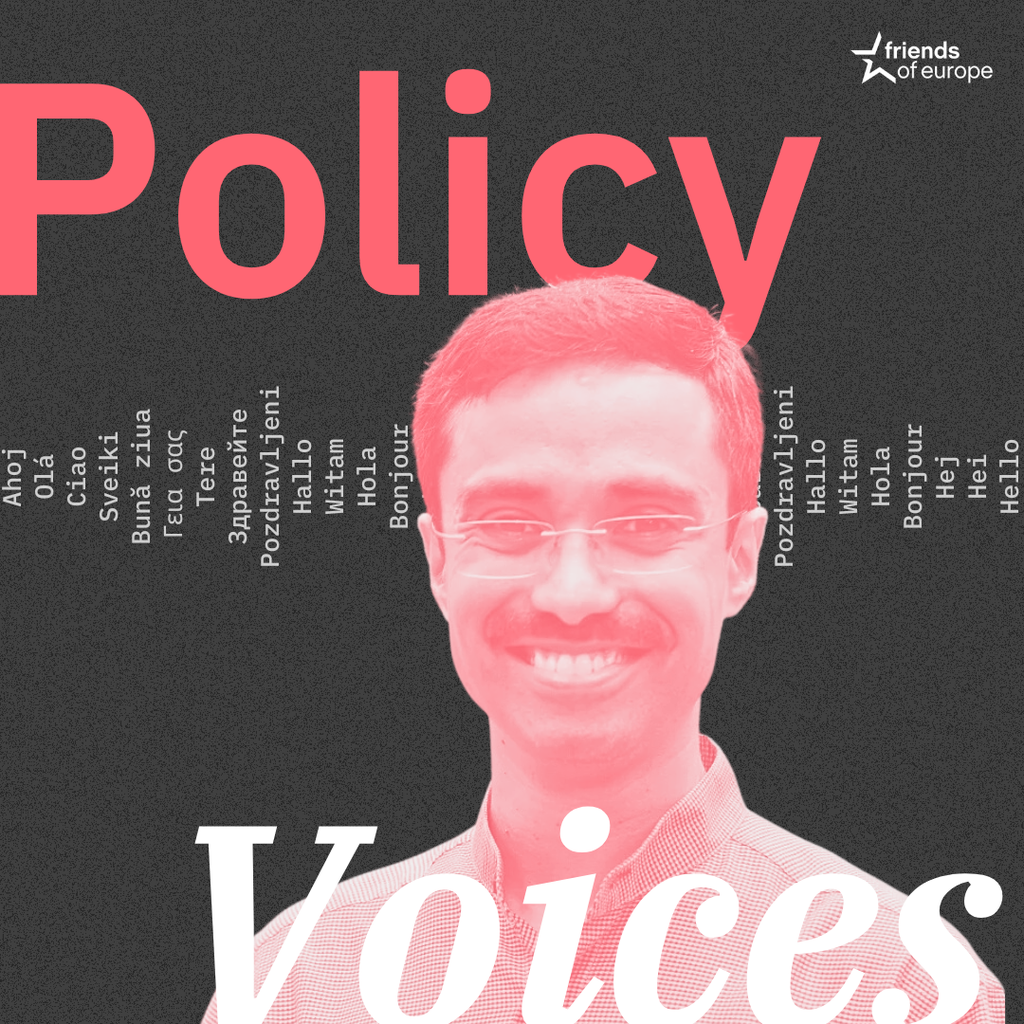
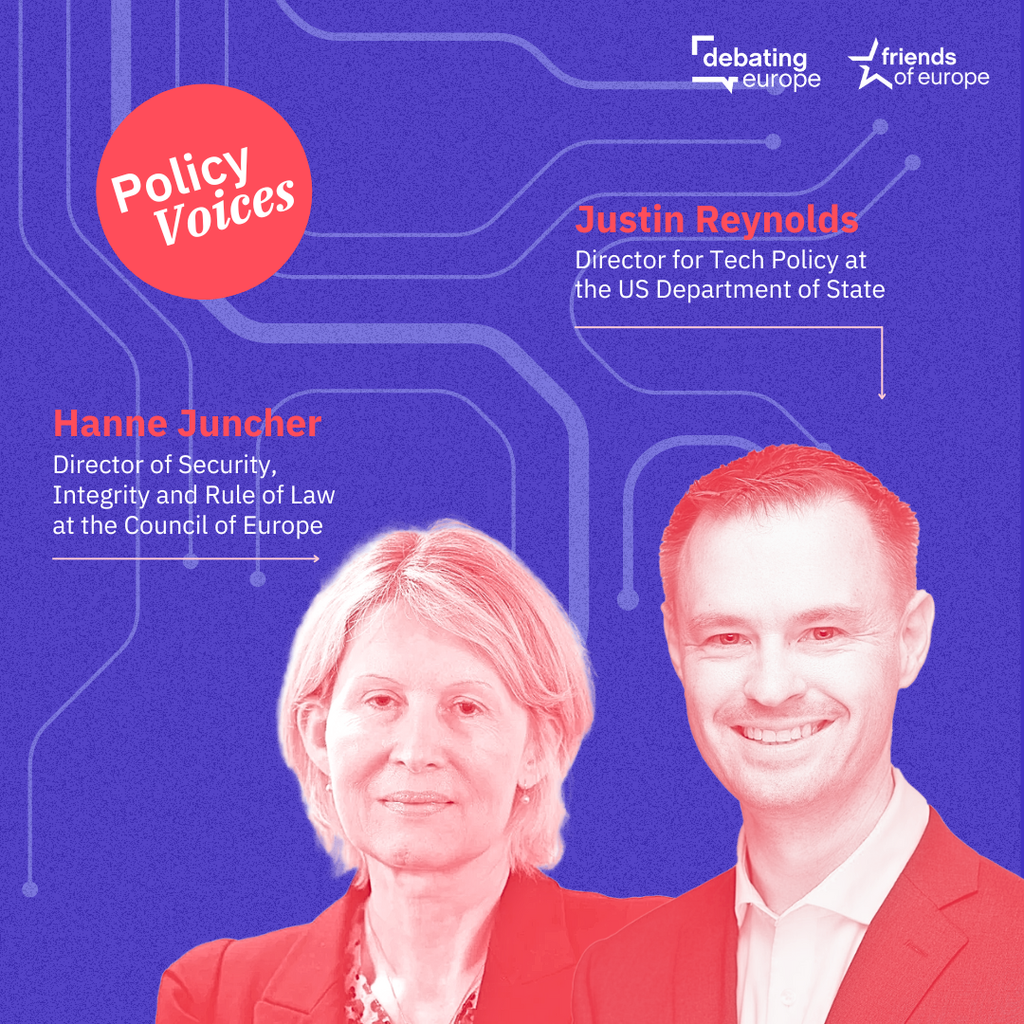

Stay informed
We use cookies and similar technologies to adjust your preferences, analyze traffic and measure the effectiveness of our campaigns. Learn more about our privacy policy.